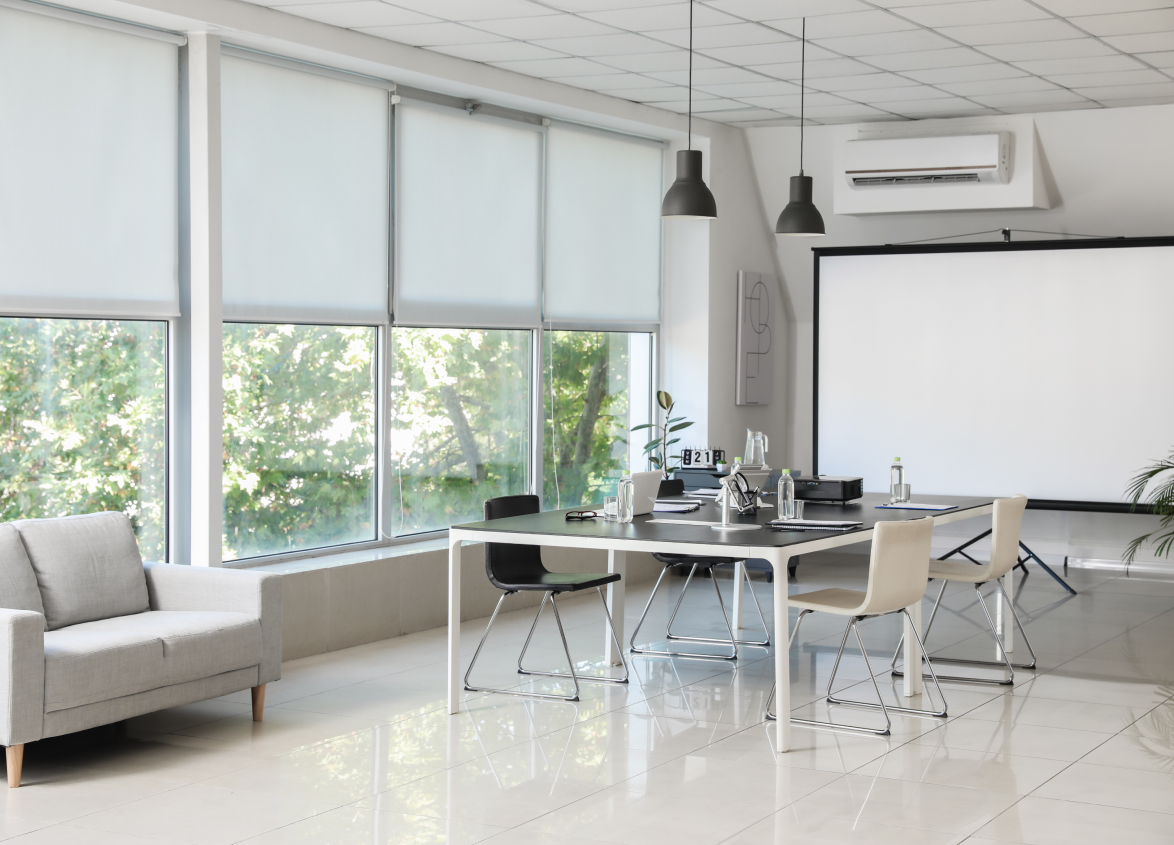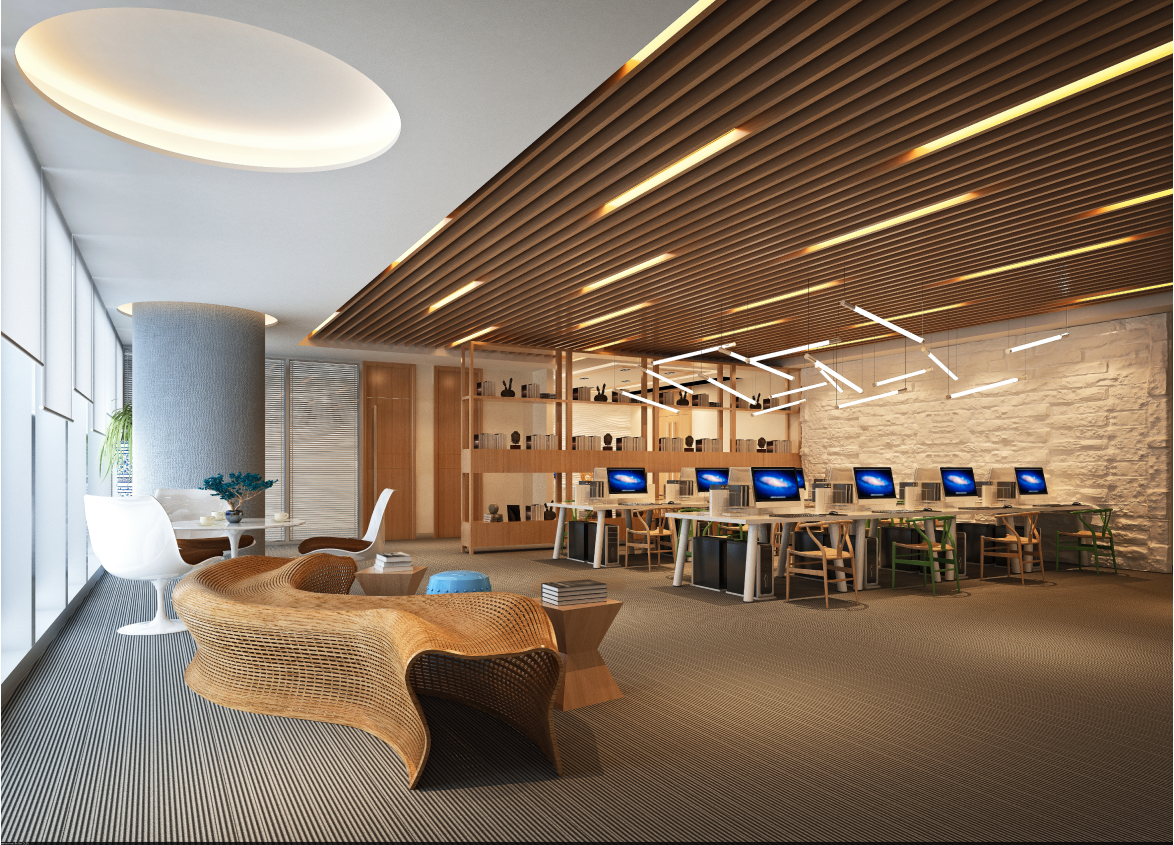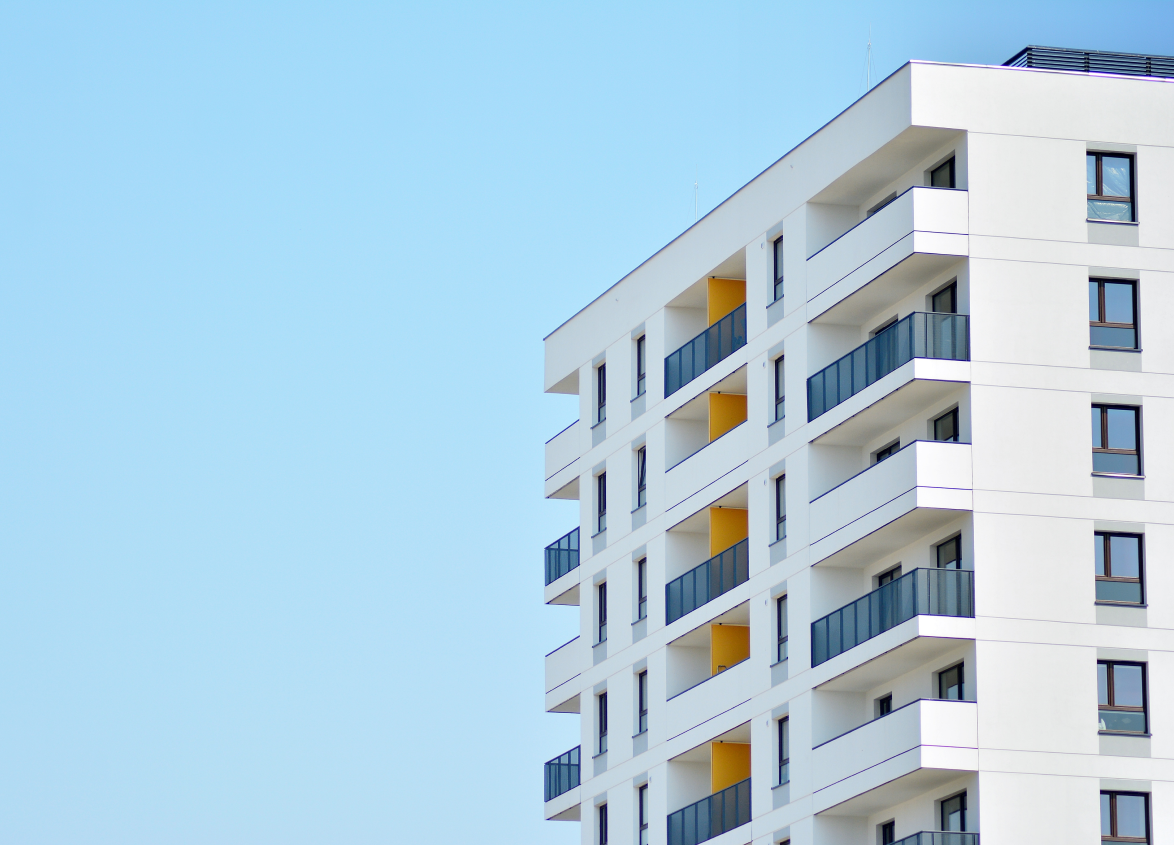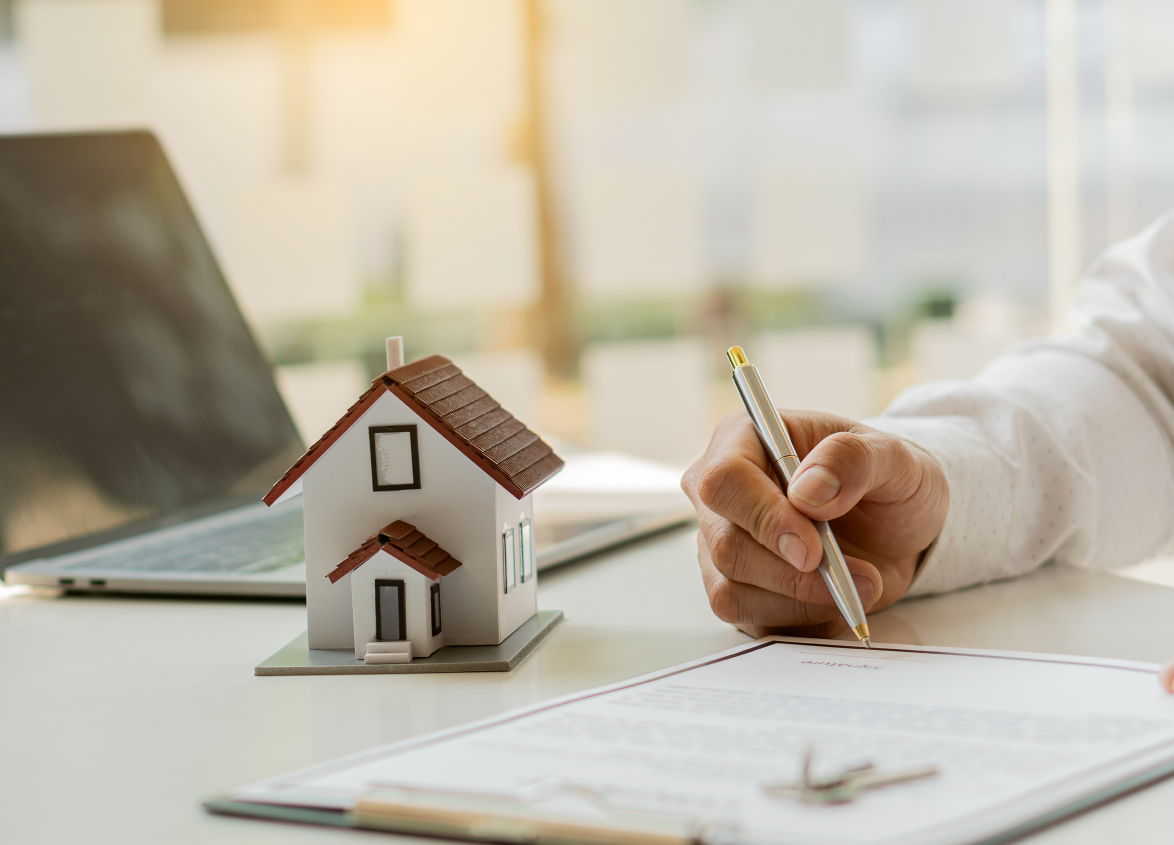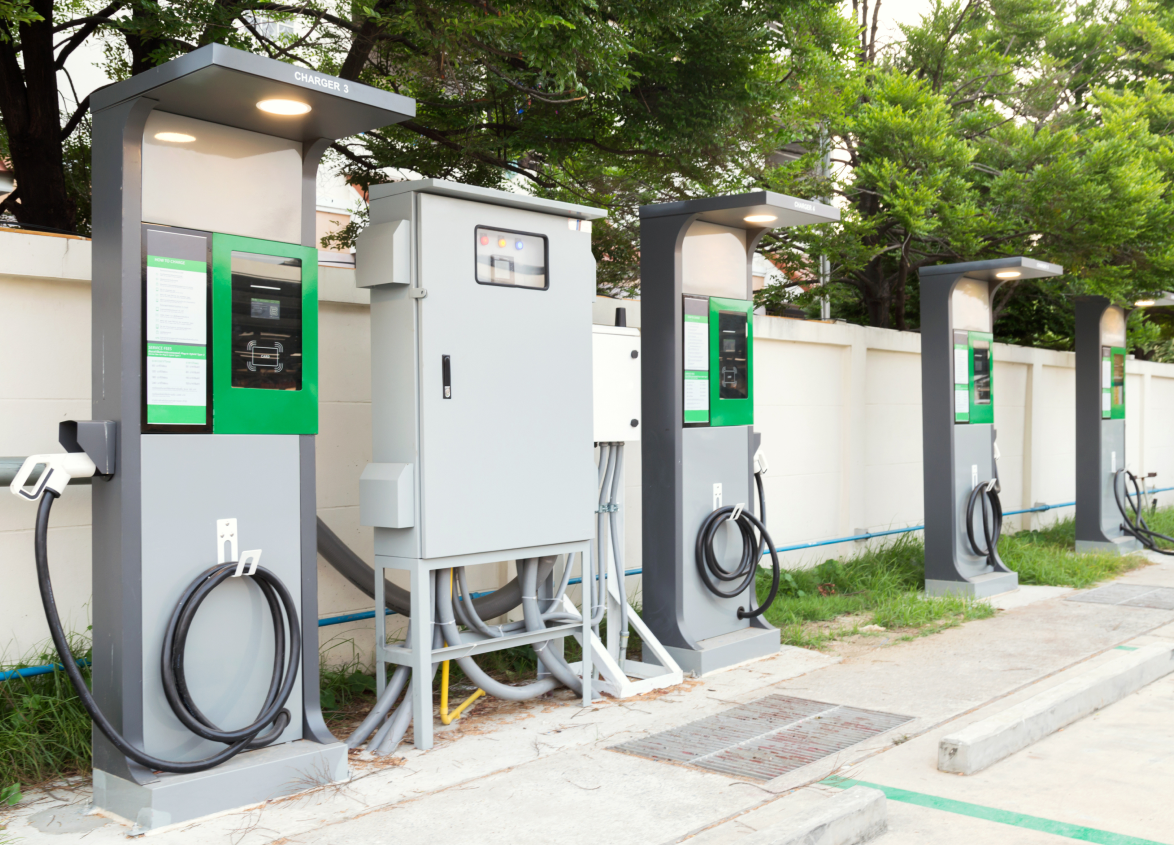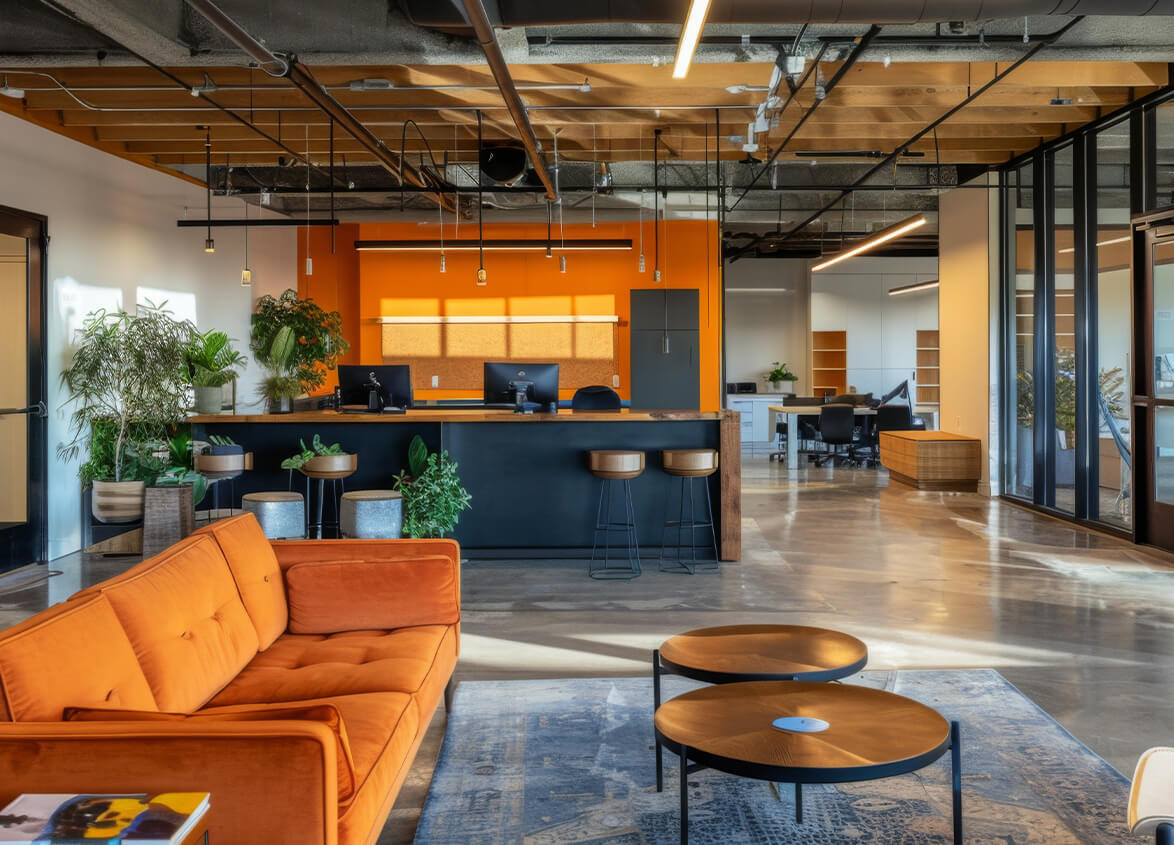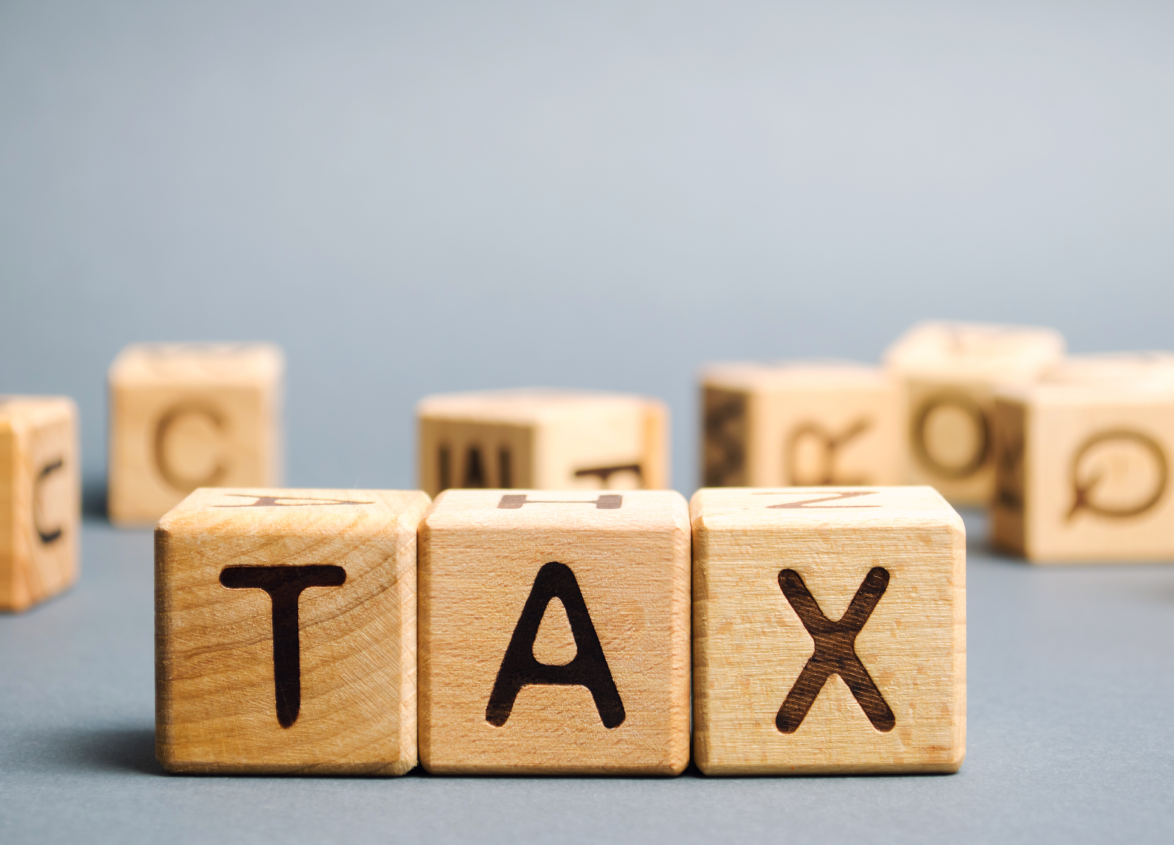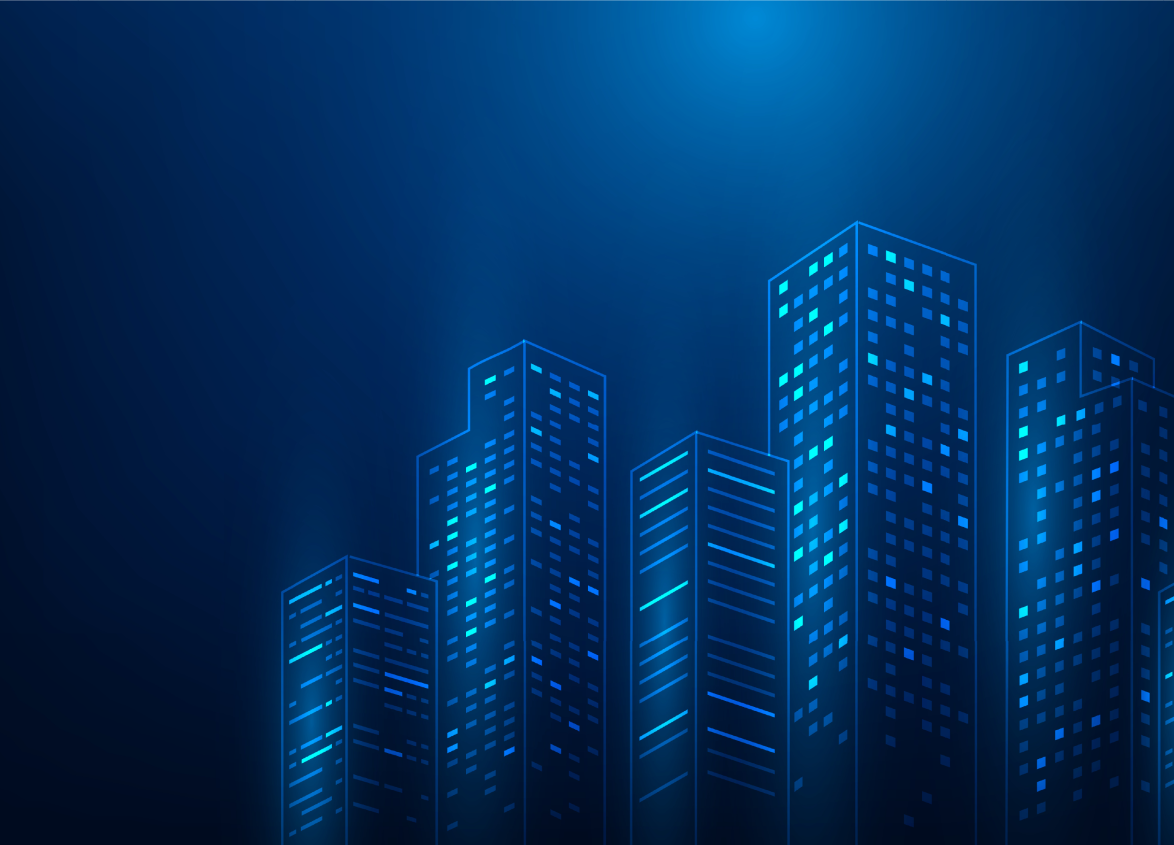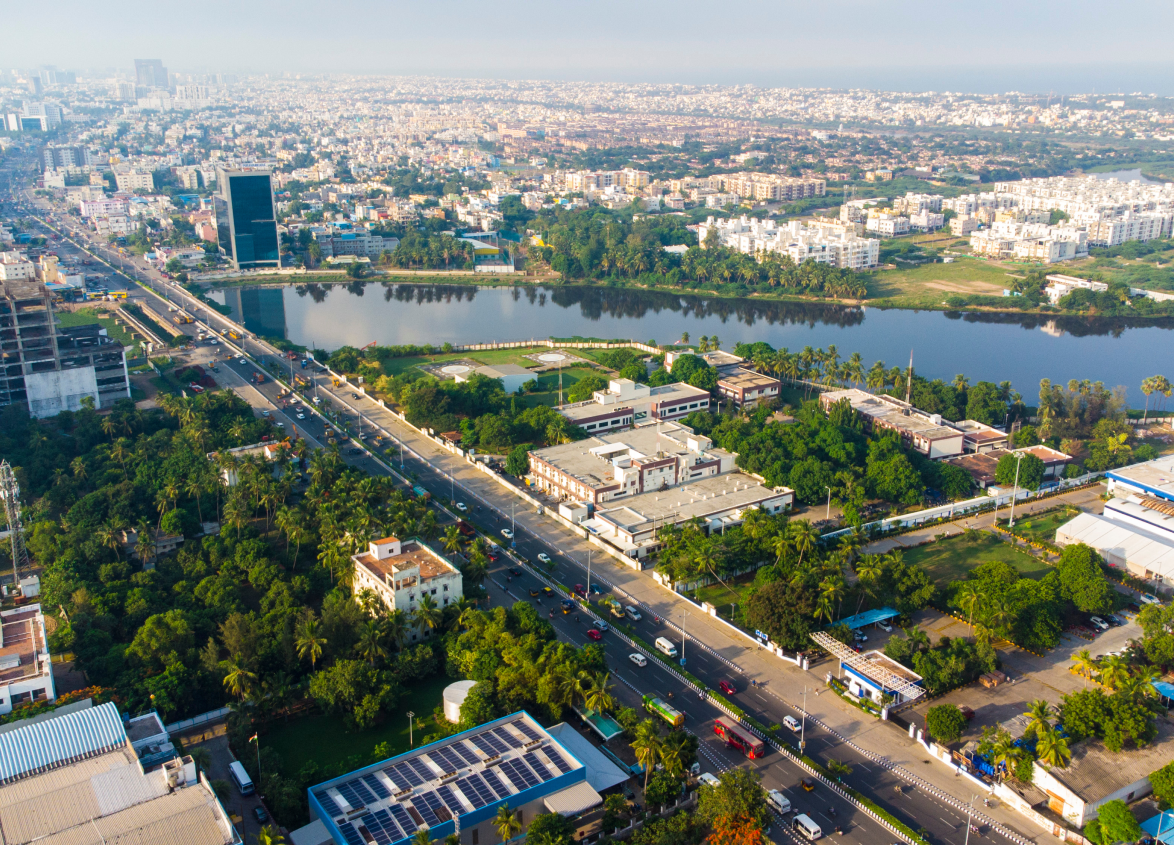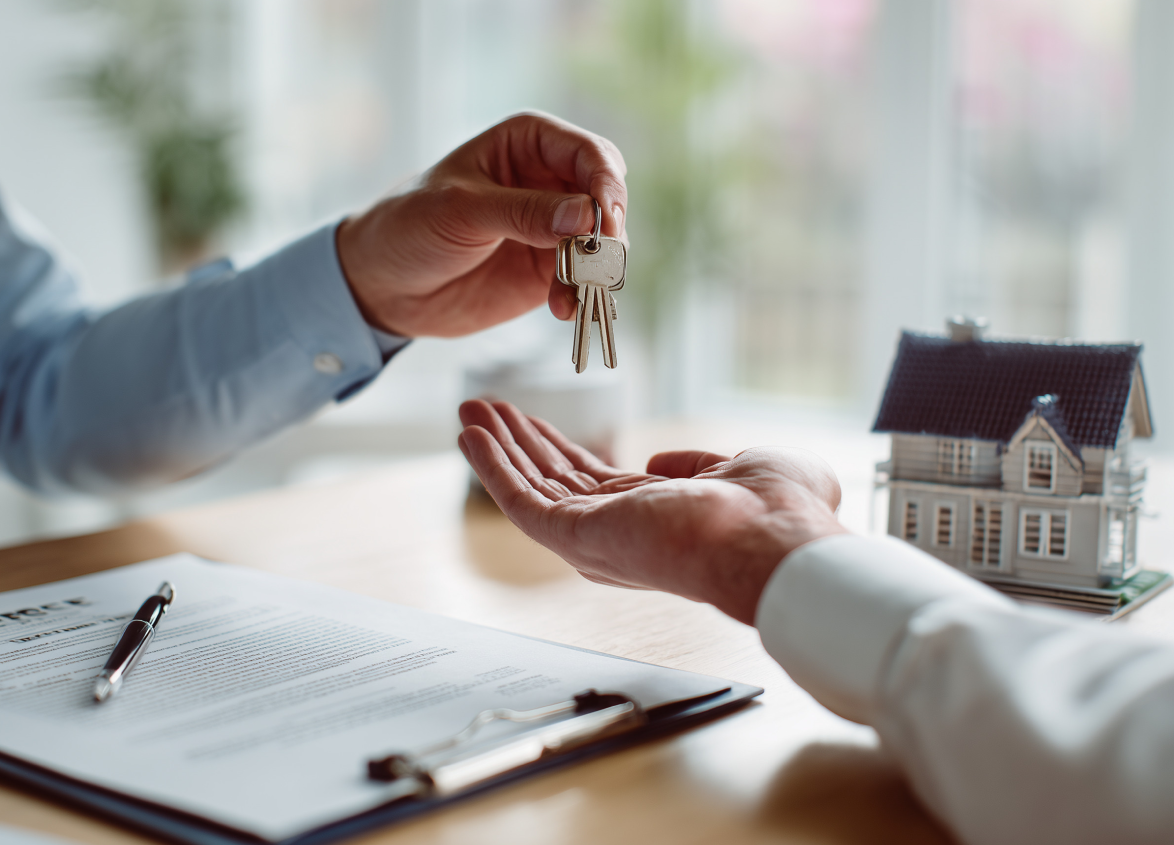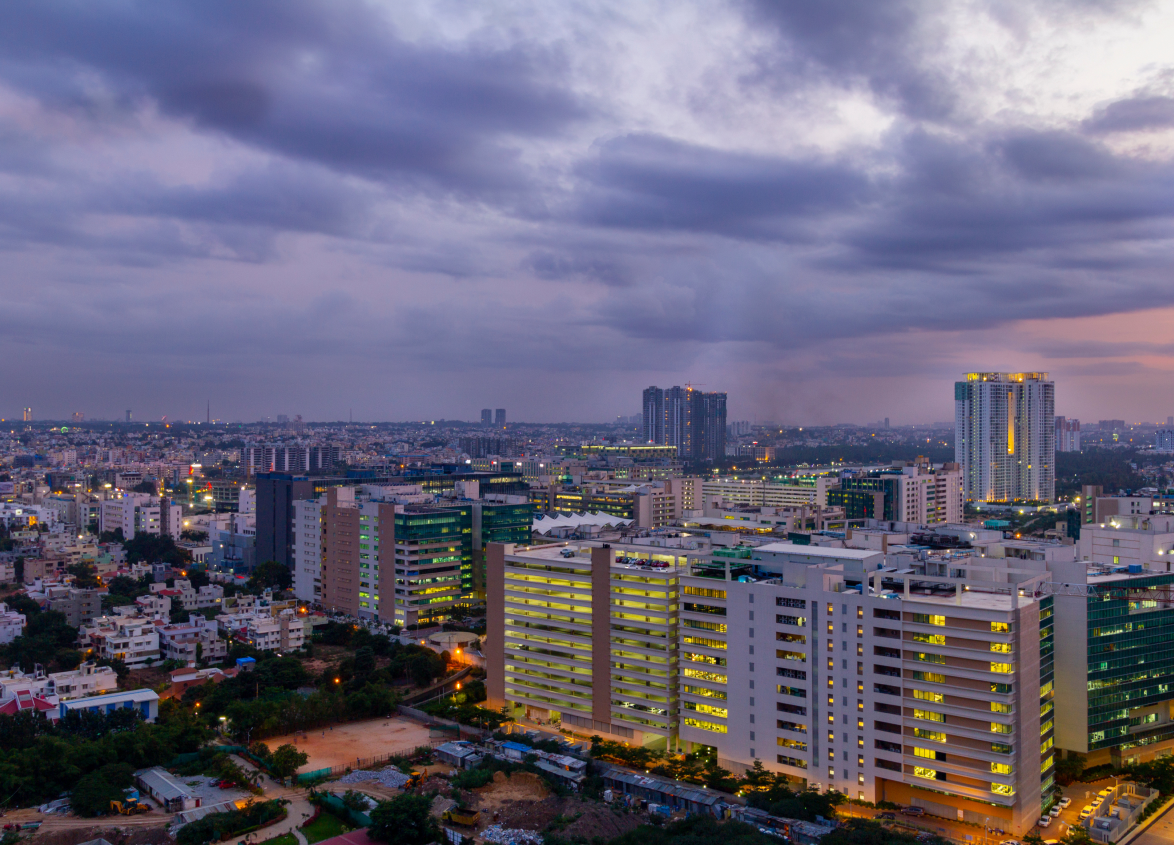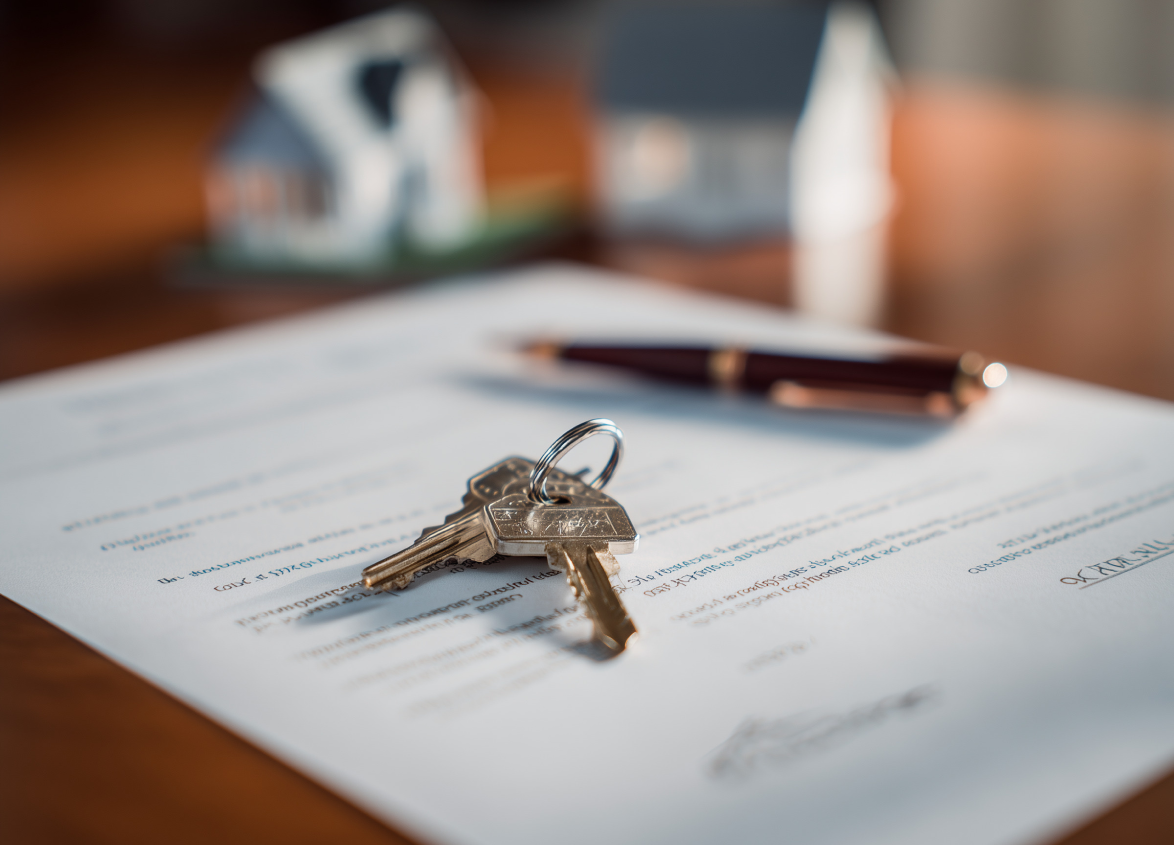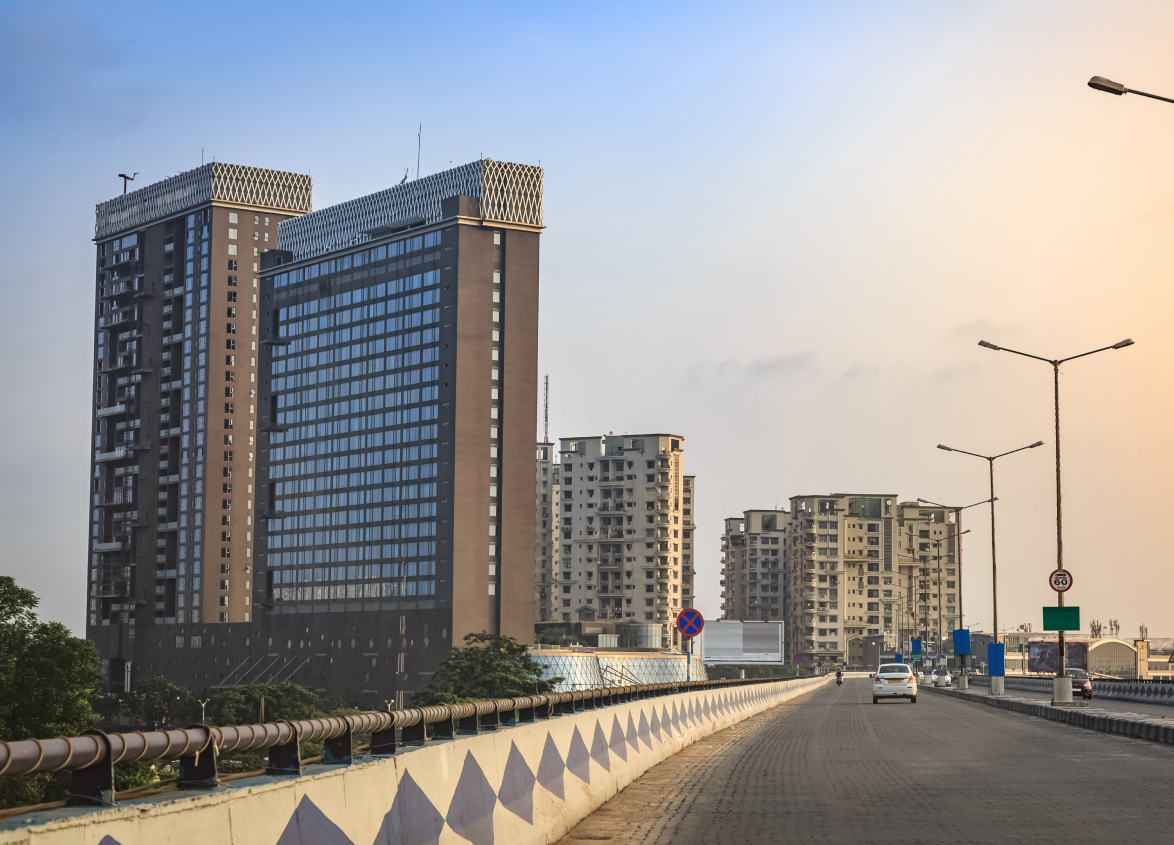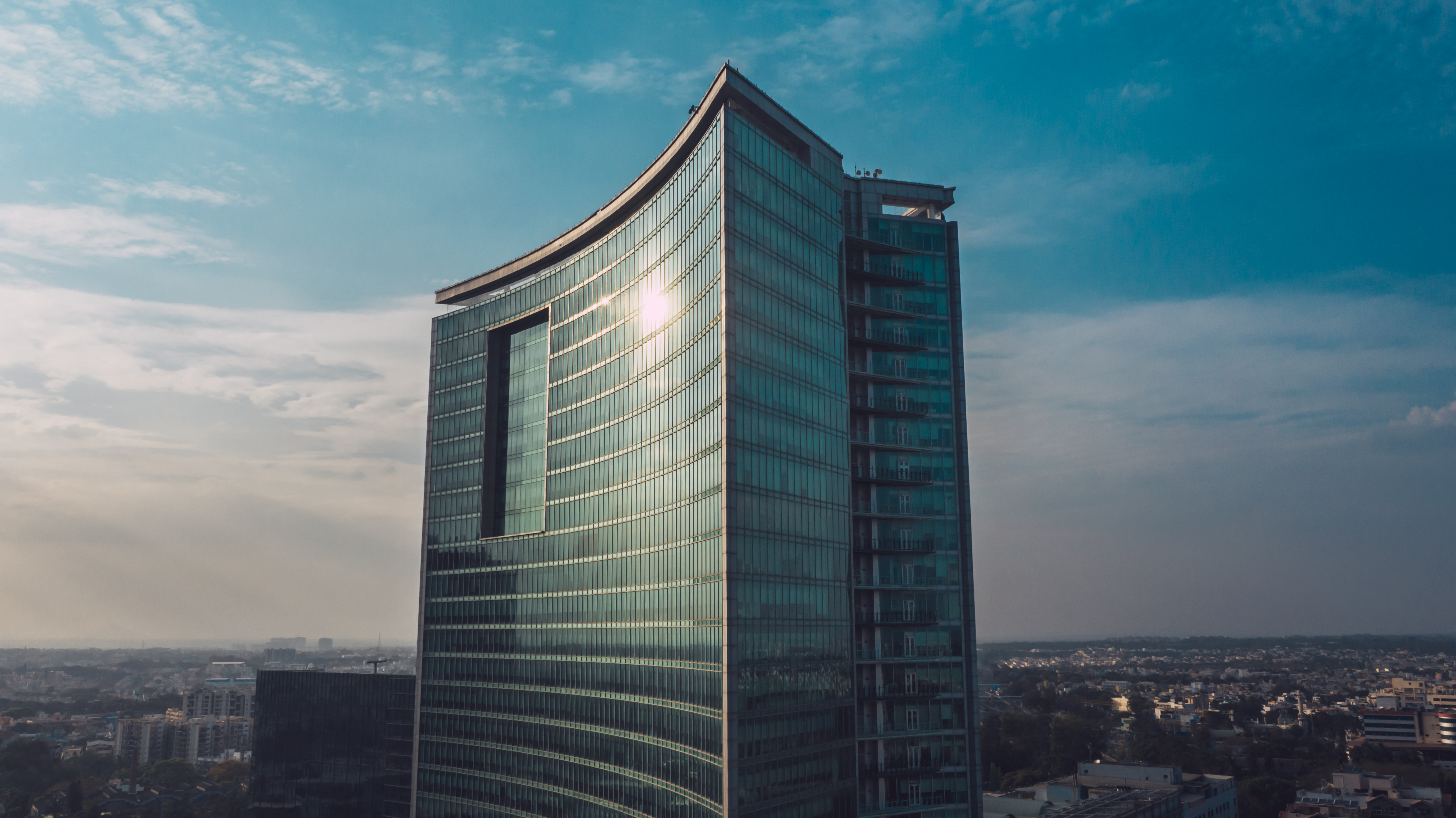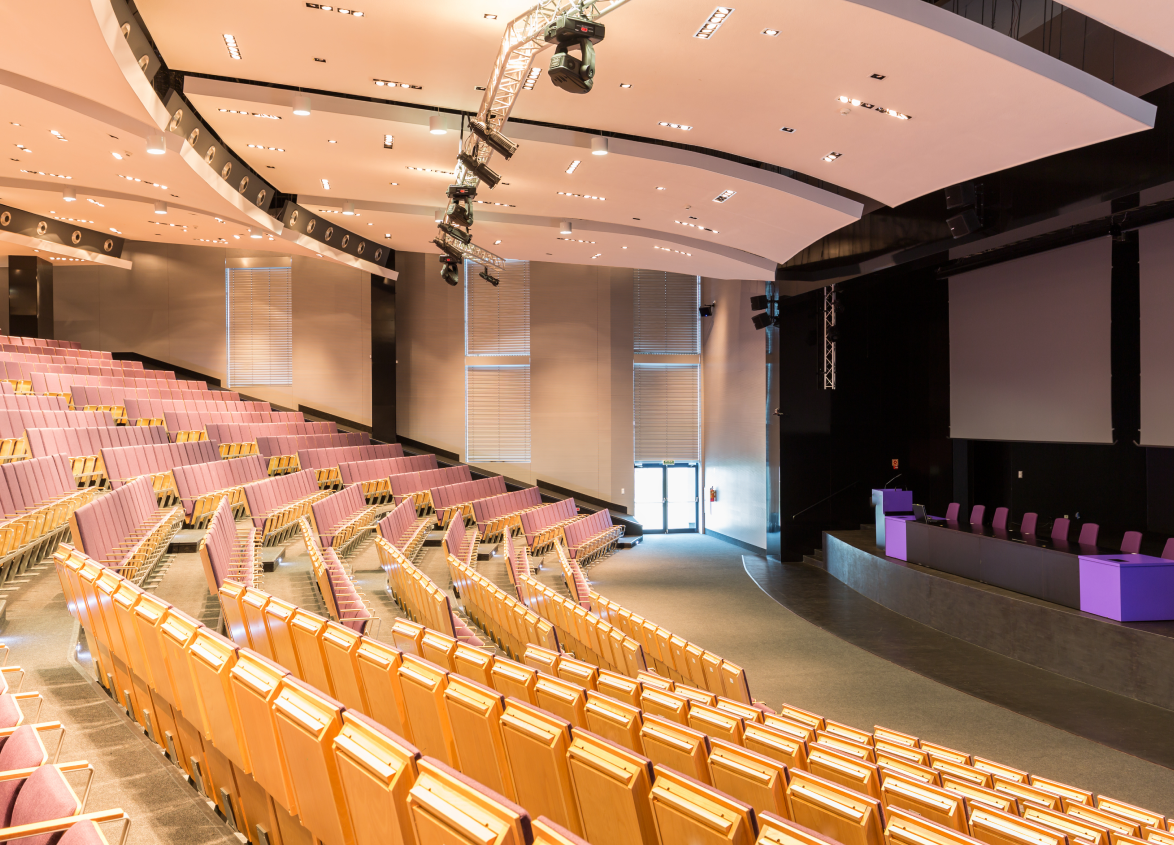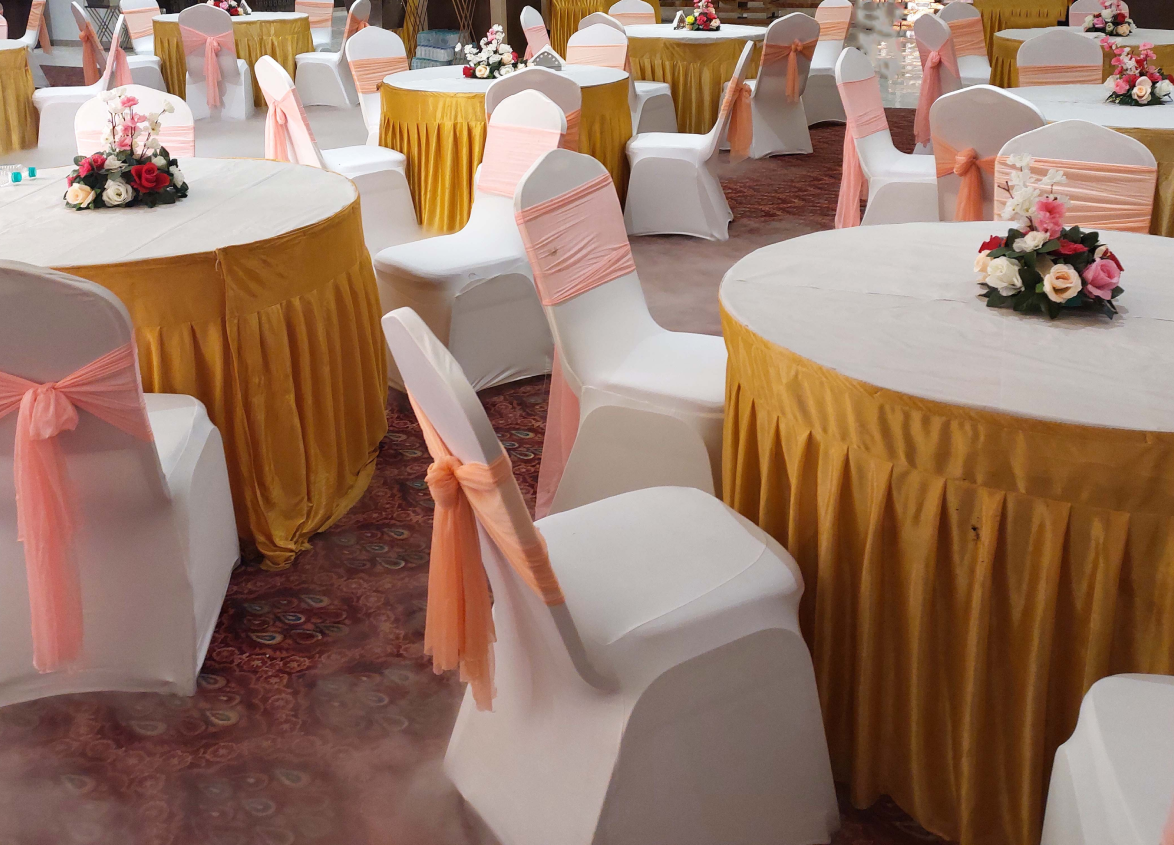
Residential
Flat vs. Apartment: Understanding the Key Differences
October 09, 2024
Navigating the real estate landscape can be very challenging, especially if you are trying to closely analyse apartment and flats differences. Living is a bustling residential development equipped with a wide range of amenities and is a highly desirable place to live. Your choice of where to live directly impacts your happiness and lifestyle.
Although they are similar kinds of homes, there is a
Difference between a flat and an apartment.
If you are thinking about buying a good home and are willing to enter the world of real estate investment, you might want to understand the core difference between a flat and an apartment.
Difference between a flat and an apartment
Here is a detailed flat vs. apartment analogy to help you choose the best property for yourself.
| Flat | Apartment |
|---|---|
| A flat consists of a suite of rooms in a big building that contains several other residences. The word ‘flat’ comes from the Old English word ‘flet’, which refers to any kind of place meant for living. Currently, the word is used to describe a living unit in a building on a single level. | The origin of the word apartment is ‘appartamento’, an Italian word. It refers to private rooms for a specific person or family in a house. Generally, they are one-story buildings containing several units inside a multifamily complex. Depending on its many units, it can be classified as commercial property. |
| A flat is mostly divided into a hallway, a master bedroom, other bedrooms, restrooms, and a kitchen. | Apartments have no specific floor layout. They can be any kind of home—a townhouse, duplex, regular apartment, or studio apartment. |
| It is preferred more by people who desire a more communal lifestyle. | People who seek a living space that maintains simplicity prefer apartments. |
| Flats have better security measures. | When it comes to security in apartments, it may vary from one apartment to another. |
| Flats tend to attract a wide range of buyers and tenants. | Apartments are appealing to those who seek simplicity. |
| Due to shared spaces, units tend to be smaller. | Apartments potentially have larger living spaces. |
| Maintenance decisions take place collectively and tend to take time. | When it comes to maintenance decisions, there is individual control. |
| Flats are more popular in well-established areas that have been developed for a long time. | Apartments that are far from the city centre, where there are abundant spaces, tend to be popular. |
| The term "flat" is a British English or UK term. | "Apartment" is an American English term. |
| Most flats tend to have one storey. | Apartments can be multi-storeyed. |
| A flat is an accommodation meant for low and middle-class society. | Apartments are meant for refined and luxurious living. |
| Flats tend to have a more basic design and consist of fewer amenities. | Apartments tend to have more luxurious features like gyms, swimming pools, and landscaped gardens. |
| Flats are usually found in low-rise buildings. They are generally up to 4-5 storeys. | Apartments are found in high-rise buildings with multiple floors. |
Advantages and Disadvantages of Flats and Apartments in India
Advantages of flat
Since flats have fewer tenants, they offer better privacy and fewer requirements. However, pet ownership, parking regulations, and other obstacles can become problems for flat owners.
Flat owners prefer to stay in centrally located buildings, so commuting to schools and employment becomes easier. Additional advantages would be if there were more alternatives to healthcare, shopping, and entertainment.
Flats tend to have lower maintenance costs since amenities and common areas are shared among residents.
Flats are generally found in urban areas that offer easier access to public transportation, amenities, and employment opportunities.
Flats are equipped with several security features, such as CCTV surveillance, gated entrances, and security guards, that provide a sense of security and safety to residents.
When you live in a flat, you can build a sense of community. Residents can meet neighbours and attend shared events or activities.
Disadvantages of flats
Flats have smaller living spaces than apartments. This can make individuals or families feel cramped and suffocated.
Since you are most likely to be sharing common areas and walls with neighbours, you might experience less privacy. This can lead to several privacy concerns and noise disturbances.
There is a limited scope for customisation or renovation in flats. This is because building management or homeowner associations will need approval for any modifications.
Since flats have only one or two security guards, they often have less secure entry.
Advantages of Apartment
Whether you are a first-time home buyer or have a tight budget, apartments are a great option. They are much cheaper, as you will not need to hire a caretaker, lawnmower or gardener, pool service, or rent a garage.
Living in an apartment complex can get very noisy and crowded. This is especially true if your apartment is located in a densely populated area, which can lead to more noise and privacy-related issues.
Apartments are generally located in attractive areas or in prime locations. Everybody loves living in a luxury apartment in a quiet area or in a metropolitan setting.
Safety is the topmost requirement in an apartment. There are several layers of safety and entryways. Security is very tight, so there is little scope for thieves to enter the apartment.
Disadvantages of apartment
Apartments have numerous rules and regulations that you need to abide by to keep yourself and the apartment in good shape.
Living in an apartment complex can get very noisy and crowded. This is especially true if your apartment is in densely populated areas, which can lead to more noise and privacy-related issues.
There are very limited parking spaces for apartments. Thus, residents who own vehicles must pay additional costs.
Apartments tend to be more expensive than flats. Thus, they are less accessible to buyers with limited budgets.
Leases from apartments generally are not very flexible.
What is the difference between a condo and an apartment?
Although there are hardly any physical attributes between a condo and an apartment, there are a few major differences in their ownership. While a single person owns an apartment in a building, an entity purchases and operates a condo. On the other hand, condos are purchased by an entity and operated either by the owner or fall under the homeowner association (HOA) of the condo group.
Here is a detailed condo vs. apartment to help you understand the difference:
Amenities: There is no standard for amenities with a condo. The amenities you can expect inside a condo totally depend on the owner's taste. New amenities like stainless steel appliances, granite countertops, and upgrades can be included. Personal touches can also be included, like paint on the walls or kitchen backsplash. This will add some diversity in the community between each condo.
When it comes to apartments, personal touches like painting the kitchen or choosing flooring cannot be expected. Generally, the units in apartment buildings tend to be smaller. However, some societies nowadays are equipped with facilities like a tennis court, a swimming pool, and even a wellness centre. It will totally depend on the area and the locality of your apartment building.
Rent: A condo does not cost much more than an apartment if both are located in the same area of the city. However, the price will surely depend on the nature of the rentals. If the condo is more modernised and has more services, the prices can be on the higher side. For apartments, you will also need to pay monthly rent and any utilities involved. You also need to pay for additional services like gas, internet and power.
Maintenance: Either the owner or you will be responsible for managing the unit in a condo. This means you might have to deal with future out-of-pocket expenses for home repair. On the other hand, if you are renting an apartment and any repair needs to be done, it will be the landlord's responsibility.
Personalisation: Condo owners have more freedom to customise their living spaces than apartment owners. However, the level of customisation will still depend on the rules and regulations of the condo association. This can include remodelling kitchens, bathrooms, and bedrooms or combining units to form a larger living space.
Apartment owners will have limited options when it comes to customising living spaces. Building management or the landlord may have certain restrictions on unit changes, which surely limits their ability to personalise your space according to your preferences.
Resale value: Condos often have shared amenities like pools or gyms, making them more attractive and valuable to buyers. Apartments usually have lower resale value, especially if they’re in less desirable areas with fewer perks. However, a well-maintained apartment in a good location can still sell for a good price. Since condos are often found in prime urban areas with great amenities, they tend to hold their value better over time.
Valuable tips to Consider when buying a flat or Apartment in India:
Create a proper budget and follow it diligently. It is crucial to be aware of your budget and the ideal budget to ensure things go smoothly. This way, you will not be biting more than you can chew. This is the most crucial stage in the home-buying process.
Check the credibility of the builder before purchasing a flat or an apartment. This will save you from unfair or fraudulent trade practices that are often observed in real estate transactions. You can start by checking the builder's track record, such as its financial and legal history. You can also check the builder ratings.
Location plays a key role when conducting flat vs. apartment analysis. Apartments in prime areas like Kokapet, Hyderabad, tend to increase in value faster and offer better resale potential. Developments such as Brigade Gateway in Kokapet are a prime example, offering both luxury and convenience. Investing in apartments near offices, schools, hospitals, and markets can bring good rental income. If you’re planning to live there with your family, also think about the safety, infrastructure, and amenities in the area. Check if it aligns with your lifestyle. It should also be in a safe neighborhood and close to important facilities like your gym, workplace, public transport, school, hospitals, and grocery stores.
Check all the necessary property documents to ensure that the property is free of mortgages or any other previously unpaid dues.
It is wise to discuss with your builder the timeline required for you to legally claim the asset as your own. It would be best if you could get it in writing.
If you can demonstrate your sincere interest in purchasing the product, you might be able to lower the price or offer extra incentives.
Be very careful of any additional unstated costs or other fees, such as GST, registration, stamp duty, and processing fees, for home loans.
Pay closer attention to the carpet area rather than just looking at the built-up area. The carpet area will provide you with a better understanding of the actual living space you are going to have.
Hire a professional housing inspector before finalising your deal on your flat or apartment. They will assess the structural and functional condition of the property. This will help you identify any potential defects existing in it.
During your visit to the property, carefully inspect the quality of construction as well as the finishes.
Make sure to inspect the monthly maintenance charges and find out what facilities and services are covered by those costs. Carefully examine them, as high maintenance costs will affect your monthly expenses.
It is very important to carefully review the payment schedule and make sure it aligns with all your financial capabilities. Do not try to make any significant upfront payments without completing proper agreement documentation.
If you are buying an apartment, make sure to evaluate the efficiency and responsiveness of the management. In the long run, this will impact your living experience.
If you are planning to purchase a property for investment purposes rather than living in it, make sure to do proper research on its resale value. It will also depend on when you are going to sell it. You will get a clear idea of the returns you are most likely to receive on your investment. This will help you form an informed decision on the apartment and the value of the investment.
Conclusion
Visit as many locations as you can so you can make a well-informed choice when buying an apartment or flat. Visiting properties will give you a fair idea of what you want and do not want in a property. Choosing between a flat and an apartment comes down to your personal preferences, lifestyle, and budget. Take time to think about what matters most to you before making a decision. If you’re still unsure, a real estate expert can help explain the price differences, available amenities, and more.
FAQs
1. What is a Condo?
A condo, short for condominium, is a privately owned unit within a larger building or complex. The condo owner also shares ownership of common areas like walls, stairs, walkways, and outdoor spaces.
2. What do you call a group of flats?
A group of flats can be called an apartment complex, block of flats, tower block, flat complex, or mansion block.
3. What do you call a person who owns a flat?
A person owning a flat is called a property owner.
4. What is the lifespan of an apartment?
Ideally, the lifespan of apartments is generally between 30-50 years.
5. Which is the safest floor considered in an apartment?
The top floor of an apartment is known to be the safest. Since it is located at the topmost, you will be less vulnerable to security threats like break-ins. You will not find anyone passing in front of the apartments or the street in front of it. Also, you are less likely to be worried about any kind of break-ins from exterior windows or patio.
6. What is the top floor of an apartment called?
The highest floor in an apartment is called a penthouse.
MUST READ
Looking for something specific?
We'd be delighted to help you.
